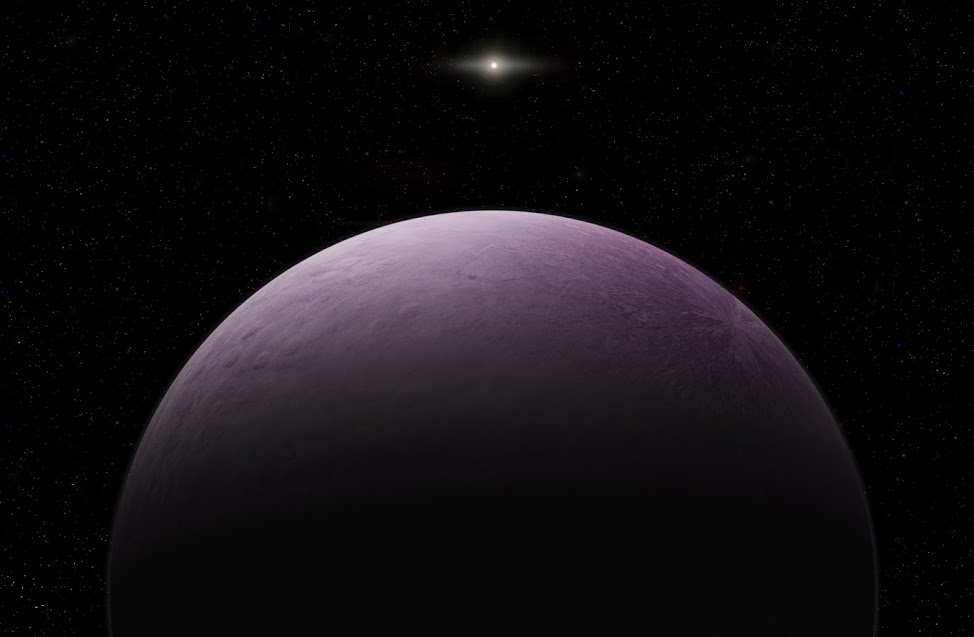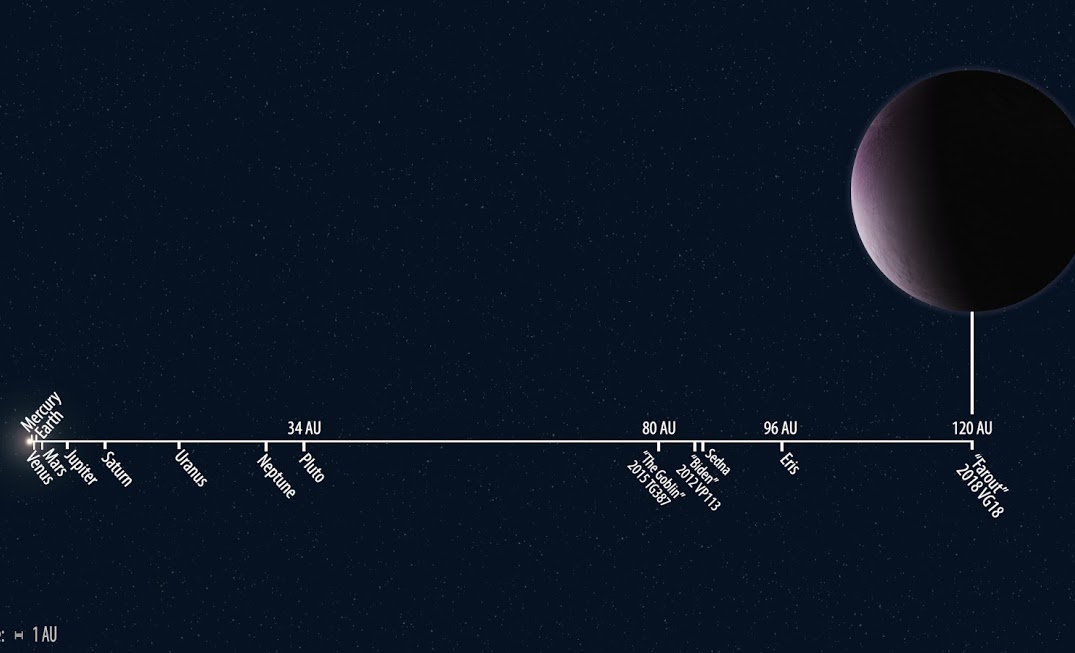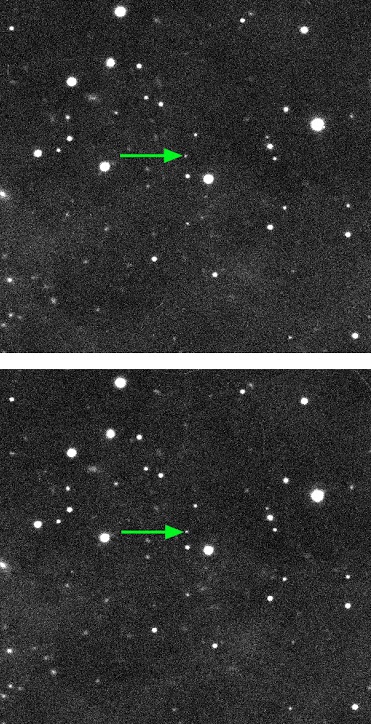Way, way out there: “Farout” is a pink dwarf planet
It is approximately 500 kilometers big (roughly the size of Saturn’s moon Enceladus), has a surface that appears to be pink from a distance (typical for an ice-rich object), and takes about 1000 years to make one orbit around the Sun. That’s all astronomers know about the dwarf planet nicknamed “Farout,” whose discovery was recently announced. The object’s actual designation is 2018 VG18; it got its nickname because it was discovered so far out from the Earth.
120 astronomical units or 120 times the distance of the Earth from the Sun – no other known object in our Solar System has a greater distance from the Sun. Researchers must still determine the dwarf planet’s exact orbit, which will take years due to its slow motion. Maybe its orbit will take the object even farther out in the Solar System.
The team of astronomers made up of Scott S. Sheppard (Carnegie University), David Tholen (University of Hawaii), and Chad Trujillo (Northern Arizona University) was happy to discover Farout on images taken with the Subaru telescope especially because it was found in an area of the Solar System that is thought to hold another large planet, “Planet X.” Thus, the force of attraction from this large planet should also influence 2018 VG18’s orbit. If astronomers can calculate Farout’s orbit, they might also be able to back-calculate to discover Planet X.


(picture: Roberto Molar Candanosa/Scott S. Sheppard/Carnegie Institution for Science)
